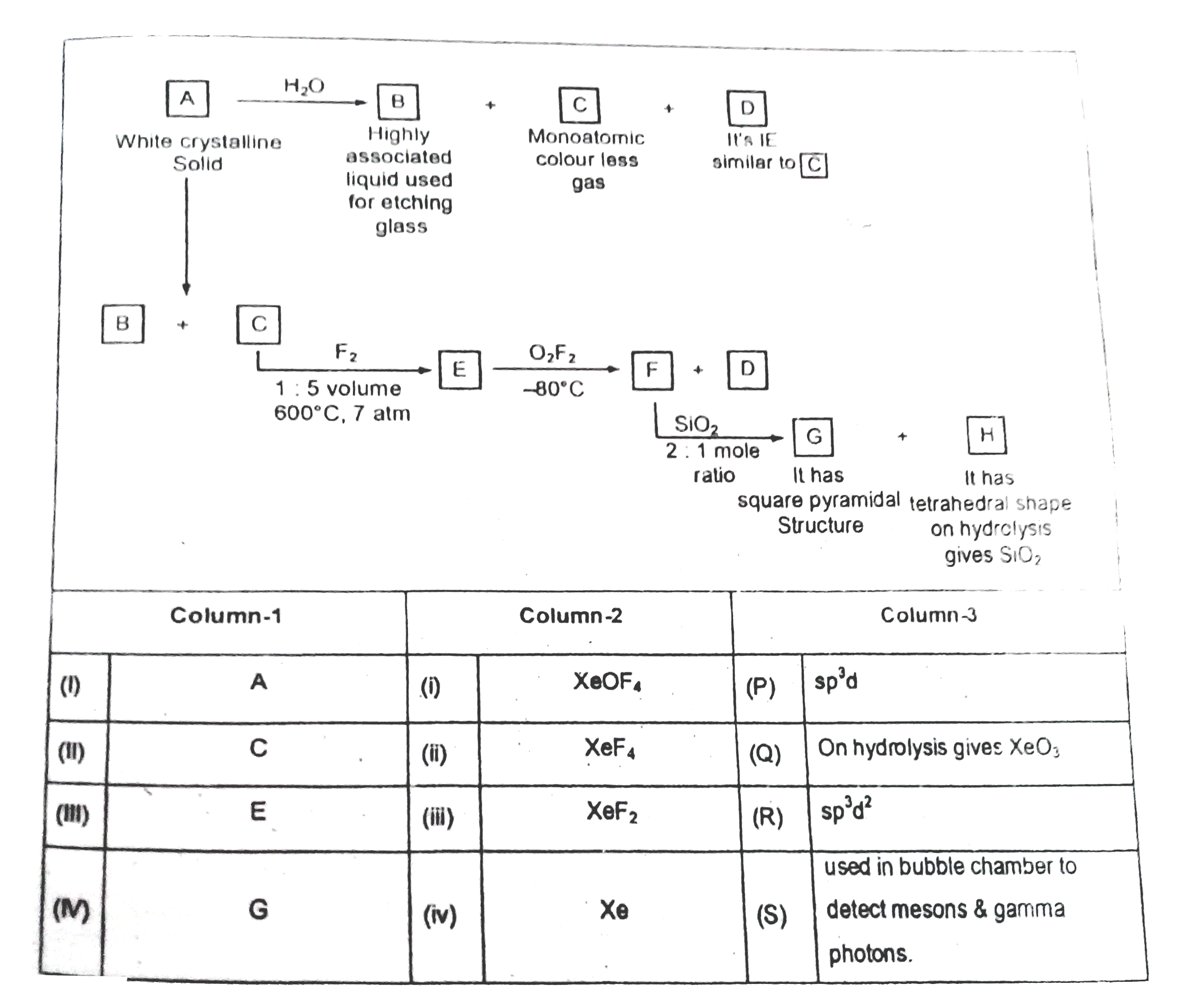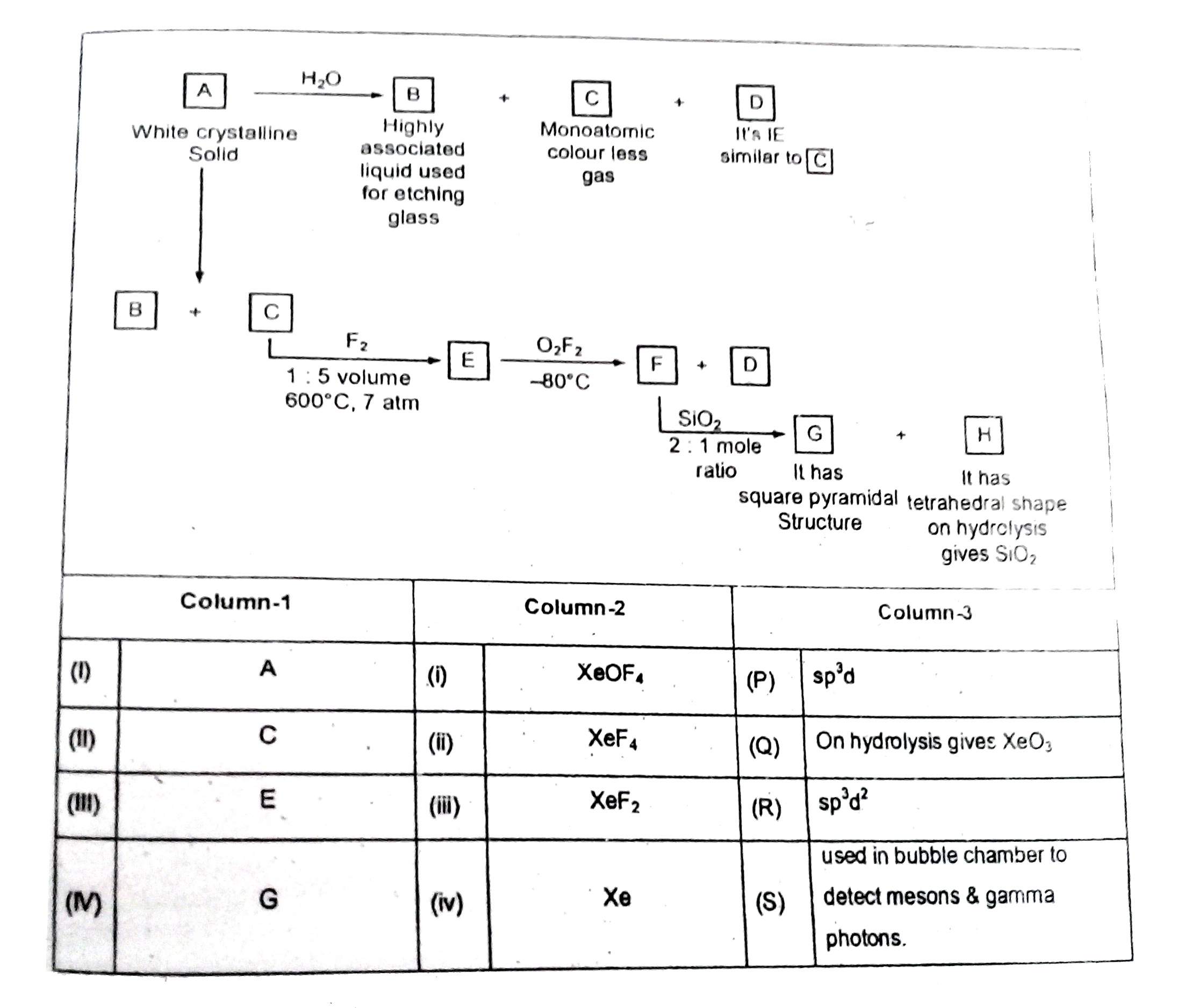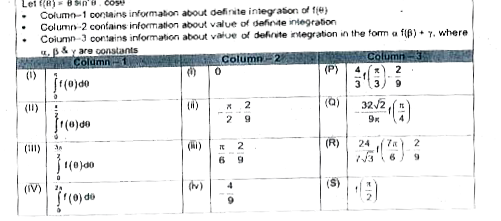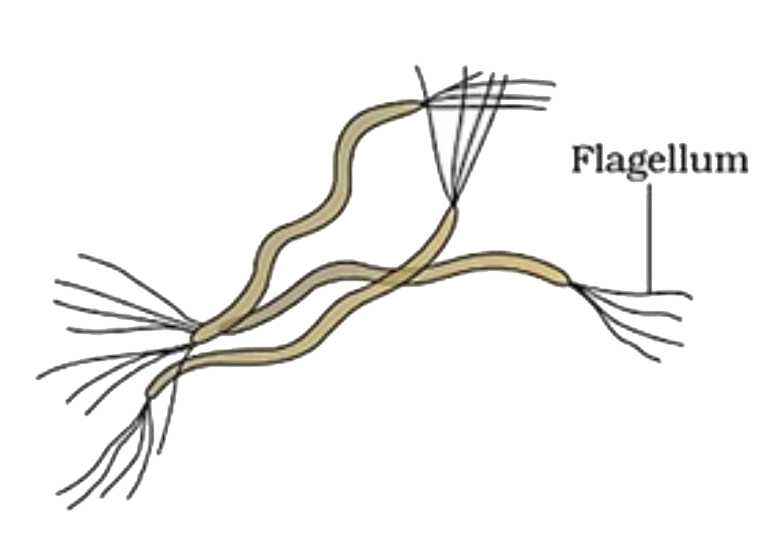Which of the following is the correct description of the mechanism of action of a combined pill ?
These inhibit ovulation and implantation as well as alter the quality of cervical mucus to prevent the entry of sperms.
These prevent the physical meeting of sperm and ovum.
These increase the phagocytosis of sperms within the uterus . These also suppress sperm motility and the fertilizing capacity of sperms.
These prevent conception by blocking the entry of sperms through the cervix.
The correct Answer is:A
Step by step video, text & image solution for Which of the following is the correct description of the mechanism of action of a combined pill ? by Biology experts to help you in doubts & scoring excellent marks in Class 12 exams.
Topper's Solved these Questions
Similar Questions
Knowledge Check
- Question 1 - Select One
Which of the following is not correct description?
ASO2−sp2 hybridised sulphur - angular shape - one lone pair over sulpur - one (dπ−pπ) and one (pπ−pπ) bondBSO2−3−sp3 hybridised sulphur - pyramidal shape - one (dπ−pπ) bondCSO2−4−sp3 hybridised sulphur - tetrahedral shape - tow (dπ−pπ) bondsDSO3−sp3 hybridised sulphur-planar triangle shape - two (pπ=pπ) and one (dπ−pπ) bonds - Question 2 - Select One
Which of the following is the correct description of the mechanism of action of a copper IUD?
AThese inhibit ovulation and implantation as well as alter the quality of cervical mucus to prevent or retard entry of sperms.BThese increase phagocytosis of sperms within the uterus and the certain ions released from it suppress sperm motility and the fertilising capacity of sperms.COvum and sperms are prevented from physically meeting.DThese prevent conception by blocking the entry of sperms through the cervix. - Question 3 - Select One

Which of the following is not correct combinationA(IV) (iii) (Q)B(i) (ii) (R)C(III) (i) (S)D(II) (iv) (P)
Which one of the following is not a correct description of the Union Cabinet ?
View SolutionWhich one of the following is NOT a correct description of median ?
View Solution
Which of the following is correct combination ?View Solution
Which of the following is correct combination ?View Solution
Which of the following is correct combination ?View Solution



